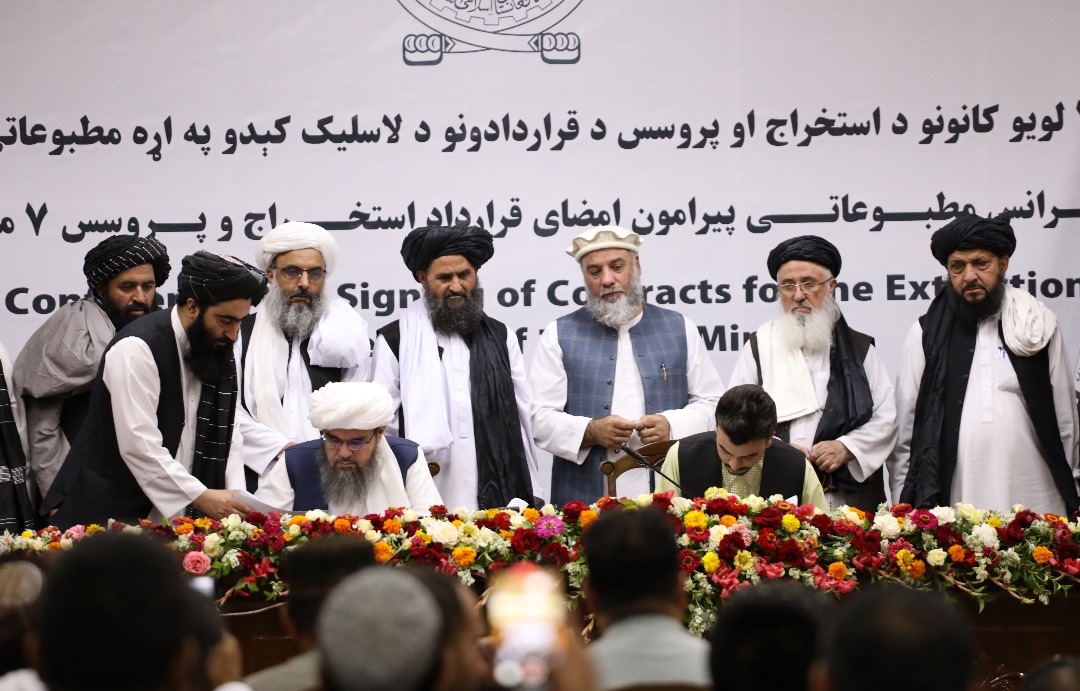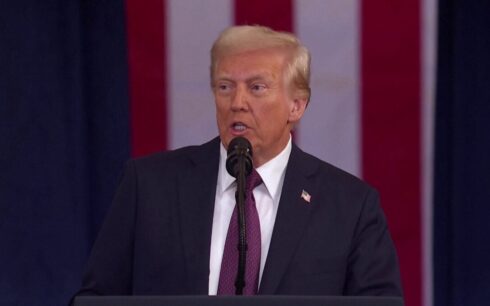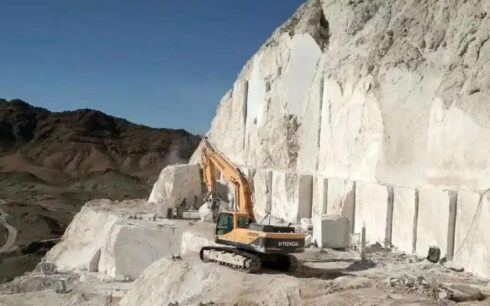In a surprising move that has raised eyebrows and concerns on an international scale, Afghanistan’s Taliban regime recently announced the signing of mining contracts worth over $6.5 billion. These agreements involve both local and foreign companies from China, Iran, Turkey, and Britain and cover the extraction and processing of valuable minerals such as gold, copper, iron, lead, and zinc in various Afghan provinces.
While the Taliban government touts these contracts as a boon for the country’s economy, several key factors cast a shadow of doubt over their viability and legality.
The Contracts
The seven contracts signed by the Taliban regime aim to exploit Afghanistan’s vast mineral wealth, which experts estimate to be worth over $1 trillion. These resources include highly sought-after minerals like lithium, used in rechargeable batteries, and precious metals like gold and copper.
While the contracts promise substantial investments and the creation of thousands of jobs, several concerns arise when examining the broader context.
Viability Amid Economic Sanctions
One of the primary concerns surrounding these mining contracts is the international economic sanctions imposed on Afghanistan after the Taliban regained power in August 2021.
These sanctions have severely hampered the country’s financial and banking systems, making it nearly impossible for international financial transactions to take place. Even the Chinese companies, who were awarded contracts, are facing challenges in conducting their business transactions in Afghanistan.
Legal Ambiguity
Another significant issue stems from the legal status of these contracts. Afghanistan’s national legal framework has been suspended, and the country operates without a constitution or a functioning legal mining regime. The absence of a comprehensive legal framework and the loss of technical and professional expertise in the mining sector raise doubts about the government’s capacity to monitor, oversee, and effectively implement these contracts.
The question of legitimacy further compounds the problem.
The Taliban regime lacks both national and international recognition. This raises doubts about the legality of any contracts it enters into. A legitimate government typically derives its authority from a constitution, and its actions are guided by established legal norms. The Taliban’s suspension of the constitution and its non-democratic structure call into question the legal basis for these contracts.
International Standing and Controversy
The countries involved in these mining contracts – China, Iran, Turkey, and Britain – have not recognized the Taliban regime on an international scale. Their engagement in these contracts could be seen as indirect support for a regime that faces widespread opposition within the international community.
China’s substantial investments in Afghanistan’s mining sector, particularly the recent deals involving lithium resources, have raised concerns about potential security threats to both the region and beyond. These investments, while presenting economic opportunities, are primarily driven by political considerations, underscoring the complex dynamics at play.
However, it is important to recognize that China’s interests in Afghanistan extend beyond mere economic gain. While Afghanistan’s lithium resources may not be a primary focus for China, securing access to natural resources for the long term is a strategic move.
This aligns with China’s broader political and security objective which put them as new global players on political and international security issues as well as its economic objectives, particularly in the electric vehicle (EV) industry, where lithium is a critical component.
Security Concerns
China’s increased engagement with the Taliban regime is not solely driven by economic interests. The Taliban’s return to power has created an environment where various terrorist organizations, including the East Turkestan Islamic Movement (ETIM), find safe havens in Afghanistan. The ETIM has long opposed China and has links to Uyghur militants who oppose both the United States and NATO.
China’s clandestine agreements in Afghanistan, including its pine-nuts commercial contract with the previous government, have now taken on a new dimension with its mining investments. These actions raise questions about China’s hidden dealings with the Taliban, emphasizing the intricate interplay between economics and geopolitics in the region.
China’s concealed commerce contract for pine-nuts, involved sending traders and investors directly to the southwestern region under the control of the Taliban’s network during the previous government in Afghanistan. This apparent trade deal with cover aspects, hints at China’s long standing engagement with the Taliban, even before its return to power. China’s economic support to the Taliban through such arrangements is becoming increasingly evident.
China’s apparent pivot towards the Taliban and its terrorist associates has broader implications for regional security. By aggressively expanding its mining investments in Afghanistan, China not only bolsters the Taliban’s various individuals’ economic standing but also signals its continued secret deals with the group. These actions have raised alarm bells in the region, with concerns about potential security threats growing.
Complex Dynamics
China’s multifaceted strategy in Afghanistan involves a delicate balance between economic interests, geopolitical aspirations, and security concerns. While its investments may offer economic support to the Taliban, they simultaneously raise questions about the region’s stability and the impact on global security, with China’s secret deals with the Taliban adding layers of complexity to an already volatile region.
Watching these dubious agreements is crucial for understanding their broader geopolitical implications and their potential ramifications for regional security. As China’s influence continues to grow, the delicate balance between economics and geopolitics will shape the future of Afghanistan and its role on the global stage.
Conclusion
The Taliban regime’s aggressive mining contracts, mainly to Chinese companies, as a potential economic lifeline for military groups in Afghanistan, raise numerous concerns. The absence of a legitimate functional government, un-presence of international community and transparency international organizations frame one-sided and the lack of a functioning legal framework, the challenges posed by economic sanctions, and the regime’s lack of national and international legitimacy all contribute to the controversy surrounding these agreements.
While the mining sector undoubtedly has the potential to benefit Afghanistan’s economy and its people, the current circumstances cast a shadow of uncertainty over the future of these contracts.
From the other side, China’s expanded presence in Afghanistan provides opportunities to strengthen its regional power and influence. This role can present China as a responsible rising power on the global stage. With Western countries withdrawing from Afghanistan, China is poised to fill the resulting power vacuum.
As the situation continues to evolve, monitoring China’s actions in the region will be essential for understanding the broader geopolitical implications and their impact on regional and international security. China’s interests in securing access to critical resources and mitigating security threats underscore the complexity of its involvement in Afghanistan.
The international community, international watch-dogs, and concerned stakeholders should closely monitor this situation to ensure that the interests of the poorest people in the world are safeguarded, regional and global security is ensured and that any mining activities are conducted in a legal, transparent, and accountable manner.
The author is a former official of the mining sector who has, for security reasons, asked to remain anonymous.
Amu does not endorse or represent views expressed in this article and other opinion pieces published on its website.





